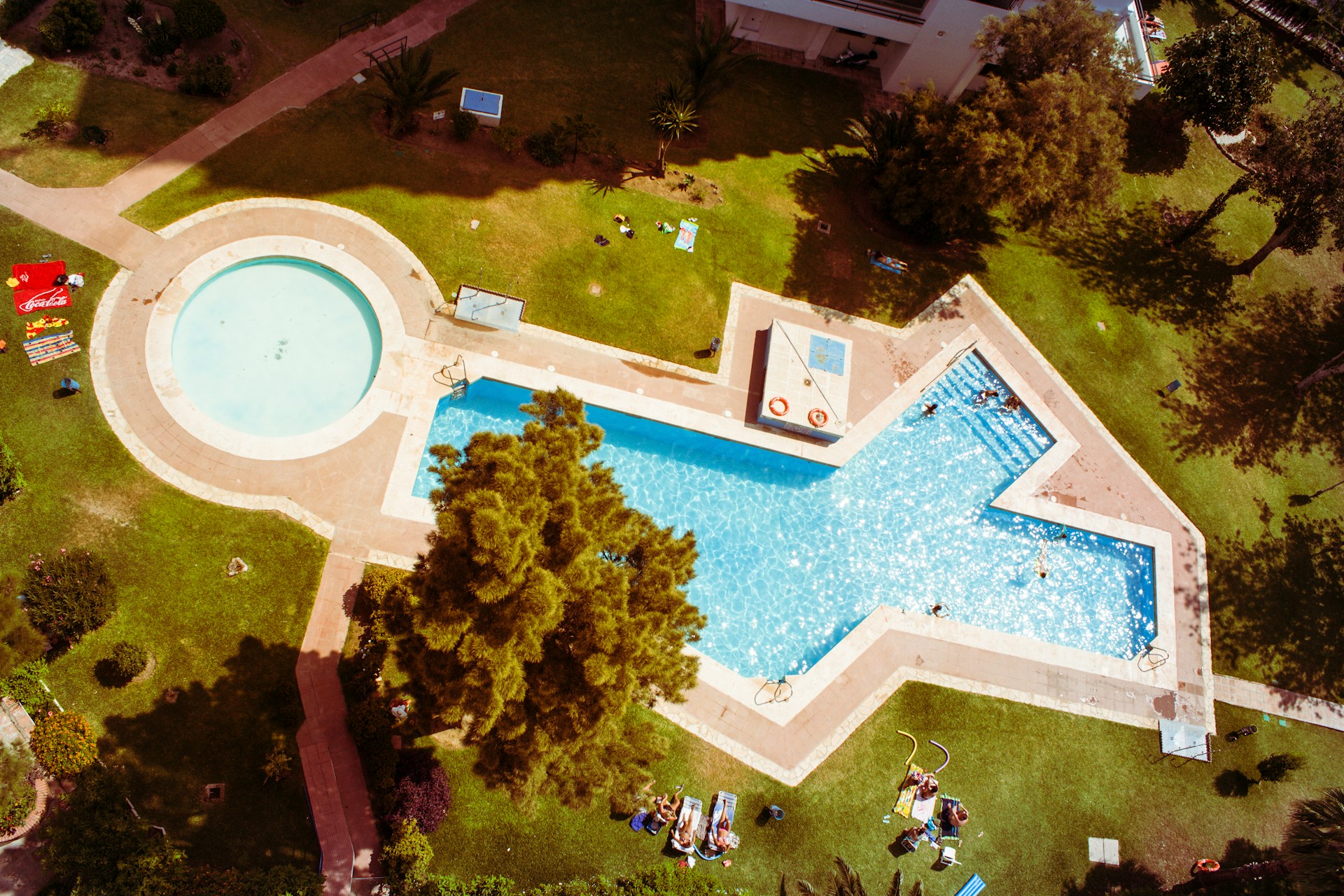Keeping your pool in excellent condition is crucial to ensuring it lasts for many years, providing endless fun for family and friends. Regular care and maintenance are essential parts of pool ownership that protect your investment and keep everything running smoothly. By following a consistent maintenance routine, you can prevent many common issues that could shorten your pool’s lifespan or result in costly repairs.
One of the most important aspects of prolonging the life of your pool is balancing the water chemistry. Proper chemical levels prevent damage to pool surfaces and equipment while keeping the water safe for swimmers. Additionally, periodic inspections of pool equipment, such as pumps and heaters, can catch small problems before they turn into major issues. And let’s not forget, seasonal care ensures that your pool withstands various weather conditions, reducing wear and tear.
With the right approach, maintaining your pool doesn’t have to be a daunting task. Let’s dive into some straightforward tips and practices that will help you extend the lifespan of your pool, ensuring it remains a joy to use for many summers to come.
Regular Cleaning and Maintenance
Keeping your pool clean is essential for ensuring a healthy and enjoyable swimming environment. Regular cleaning and maintenance can help prevent dirt, algae, and debris from accumulating, which can lead to bigger problems if left unchecked. We start by skimming the surface of the pool daily to remove leaves and insects. Using a pool vacuum at least once a week helps to clean the bottom and sides of the pool where contaminants tend to settle.
Brushing the walls and tiles of the pool is also necessary to prevent algae and mineral buildup. Cleaning the pool’s filter system is crucial as well. Depending on the type of filter you have—whether it’s a sand filter, cartridge filter, or diatomaceous earth filter—you will need to follow specific guidelines for cleaning and replacing it. Regular maintenance of the filtration system ensures the water remains clear and safe for swimming.
Balancing pH and Chemical Levels
Maintaining the correct pH and chemical levels in your pool is vital for keeping the water safe and comfortable. The pH level measures how acidic or basic the pool water is, and it should be kept between 7.2 and 7.8. Using a pool testing kit, we check the pH level at least once a week. If necessary, we add pH increaser or decreaser to balance the levels. Proper pH balance helps prevent irritation to swimmers’ skin and eyes and keeps the pool equipment from corroding.
In addition to pH levels, other key chemical levels need to be monitored. Chlorine is essential for killing bacteria and algae, and it should be maintained between 1.0 and 3.0 parts per million (ppm). We also check and adjust the alkalinity and calcium hardness regularly. These levels should be maintained within recommended ranges to ensure the water is balanced and to prevent scale formation or corrosion. Keeping an eye on these chemical levels and making adjustments as needed forms the foundation of effective pool care.
Regular Cleaning and Maintenance
To prolong the life of your pool heater and ensure it runs efficiently, regular cleaning and maintenance are crucial. Like any other piece of equipment, your pool heater will accumulate debris and dirt over time, which can hinder its performance. Start by clearing out any leaves, bugs, and other debris that might obstruct the heater. It’s also essential to clean the heat exchanger and remove any calcium deposits that accumulate due to hard water. This helps maintain the heater’s efficiency and prevents damage.
We also recommend scheduling routine inspections to catch any potential problems before they become severe. Checking for rust, leaks, and unusual noises can identify issues early on. A well-maintained heater will function better and last longer, allowing you to enjoy a heated pool without interruptions. Regular maintenance not only saves on energy costs but also reduces the need for expensive repairs, making it a worthwhile investment for any pool owner.
Balancing pH and Chemical Levels
Maintaining the right chemical balance in your pool is essential for the efficient operation of your pool heater. An imbalanced pool can lead to corrosive water, which can damage the heater’s internal components. We focus on ensuring the pH levels remain within the ideal range of 7.2 to 7.8. This prevents scale formation and keeps the water safe for swimming while protecting your equipment.
It’s also essential to monitor alkalinity, calcium hardness, and sanitizer levels. Regularly testing your pool water and adjusting these levels can prevent a build-up of harmful chemicals and minerals. Using the right chemical treatments, such as pool shocks and algaecides, will keep your pool clean and clear. Keeping the chemical levels balanced prolongs the life of your heater and provides a safer, more enjoyable swimming experience for everyone.
Conclusion
Ensuring your pool heater is well-maintained and choosing the right one for your needs can significantly enhance your swimming experience. From regular cleaning to balancing chemical levels, these steps help keep your heater running efficiently and prolong its lifespan. Considering energy efficiency and proper maintenance can lead to cost savings and a more enjoyable pool environment.
At Del Rancho Pools, we understand the importance of maintaining your pool heater for optimal performance. Our services are designed to help you keep your pool in perfect condition throughout the year. Whether you need routine maintenance or are looking to install a new, energy-efficient heater, we are here to assist you.
Contact Del Rancho Pools today to learn more about how we can help you get the most out of your pool heater and enjoy a warm, welcoming pool whenever you want. Your satisfaction is our top priority, and our pool contractors in San Diego are ready to provide the best solutions for all your pool needs.
